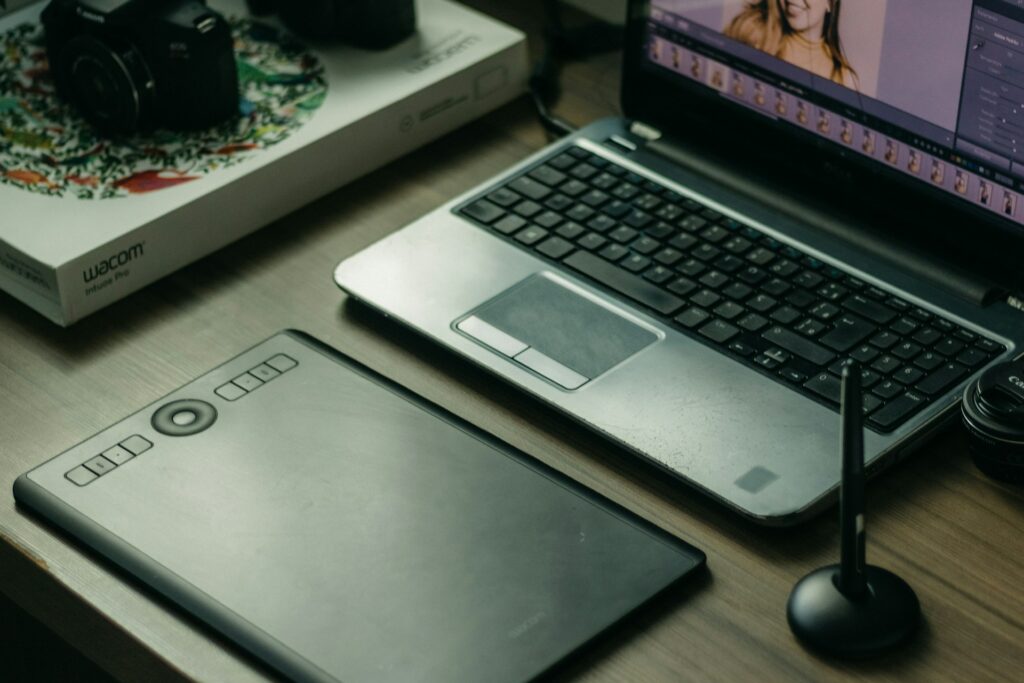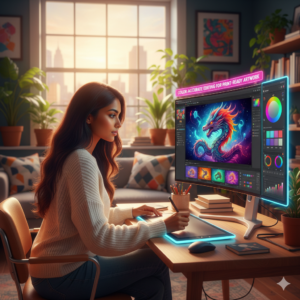Chromebooks vs traditional laptops: which one is the best option for you?

Chromebooks vs traditional laptops: which one is the best option for you?
In recent years, the decision of whether to purchase a Chromebook or a standard laptop has become more significant. While the two devices may seem identical from the outside, the variations in their operating systems, performance, and general purpose make them better suited to serving the needs of very different customers. If you are aware of these distinctions, it will be easier for you to choose which device is most suited to meet your requirements.
Operating System
Conventional Laptops: These devices operate on either Windows or macOS and provide interoperability with a large variety of software programs. They are capable of managing everything, from general office duties to creative design, gaming, and specialist professional software applications.
Chromebooks make use of ChromeOS, which is a lightweight system that is centered on the Chrome web browser. The majority of tasks are cloud-based, and although they are compatible with Android applications as well as a selection of Linux applications, their ecosystem is not as extensive as that of Windows or macOS.
Execution
Conventional Laptops: These are offered in a diverse selection of configurations, ranging from laptops that are affordable to laptops that are powerful and are equipped with specialized graphics cards and CPUs that operate at a high level of performance. They are appropriate for use with intense workloads, such as gaming, software development, and video editing.
Chromebooks are often less powerful in terms of hardware than other computers since they are meant to do lightweight activities such as accessing the internet, streaming content, and editing documents. Models that are in the higher price range are able to handle more, but they are still not designed for work that involves heavy-duty use.
Accessibility of Software
Traditional Laptops: Have the ability to run almost any software, including industry-standard tools for coding, design, data analysis, and 3D modeling, among other things. In addition, they provide support for a broad range of games and third-party tools.
Chromebooks are dependent upon software that run on the web, Android apps, and a restricted number of Linux applications. Their interoperability with more complicated or specialized applications is limited, yet they are ideal for basic productivity tasks because of this feature.
Battery Life
Traditional Laptops: The amount of time a laptop can run on battery power varies depending on the model, although more powerful laptops frequently use more energy and need more frequent charging.
Chromebooks, which are well-known for their exceptional battery life, are able to do this thanks to their lightweight software and efficient hardware. On a single charge, several versions are capable of easily lasting the duration of an entire workday.
the ability to be easily transported
Traditional Laptops: Available in a wide range of sizes and weights. When it comes to laptops, high-performance models tend to be big, while ultrabooks are lightweight and thin, although they are often more costly.
Chromebooks are often tiny and lightweight, which makes them simple to transport, particularly for students or those who travel often.
Updates and security measures
Traditional Laptops: Security is contingent on the behaviors of the user and the software that is put on the device. Although regular updates are made available, they need to be managed more manually.
Chromebooks: By design, they are very safe, and they come with built-in security against the majority of threats while also receiving automatic upgrades. This makes them an excellent choice for customers who do not want to devote their time to the management of security for their systems.
Range of Prices
Conventional Laptops: Offer a broad range of pricing options, from budget-friendly entry-level devices to high-end versions that may cost as much as professional desktop computers.
Chromebooks: They are often far more affordable, making them an excellent alternative for students, casual users, and anybody who mainly need a computer for web surfing and other fundamental functions.
Use Cases That Are Optimal
Conventional Laptops:
- Specialists who want software that is capable of handling a lot
- Those who play video games and those who make content
- People who are looking for a versatile gadget that may be used for both business and leisure
Chromebooks:
- Students who are looking for a gadget that is both easy to use and inexpensive for their courses
- Users who casually browse the internet, watch videos, and use email
- People who would rather have a system that requires no upkeep and provides a high level of security
If you are in need of a device that is versatile, has great performance, and is compatible with a broad selection of applications, then a classic laptop is the best option for you. This is the best choice for power users, professionals, and creatives who want their devices to perform at a higher level.
For those who want mobility, affordability, and simplicity without having to worry about the maintenance of the system, a Chromebook, on the other hand, is an ideal choice. It is the perfect solution for students, casual users, and those who spend the majority of their time in the cloud.
In the end, the choice comes down to how you want to use your device and whether you place a greater emphasis on power and flexibility or on simplicity and cost.







